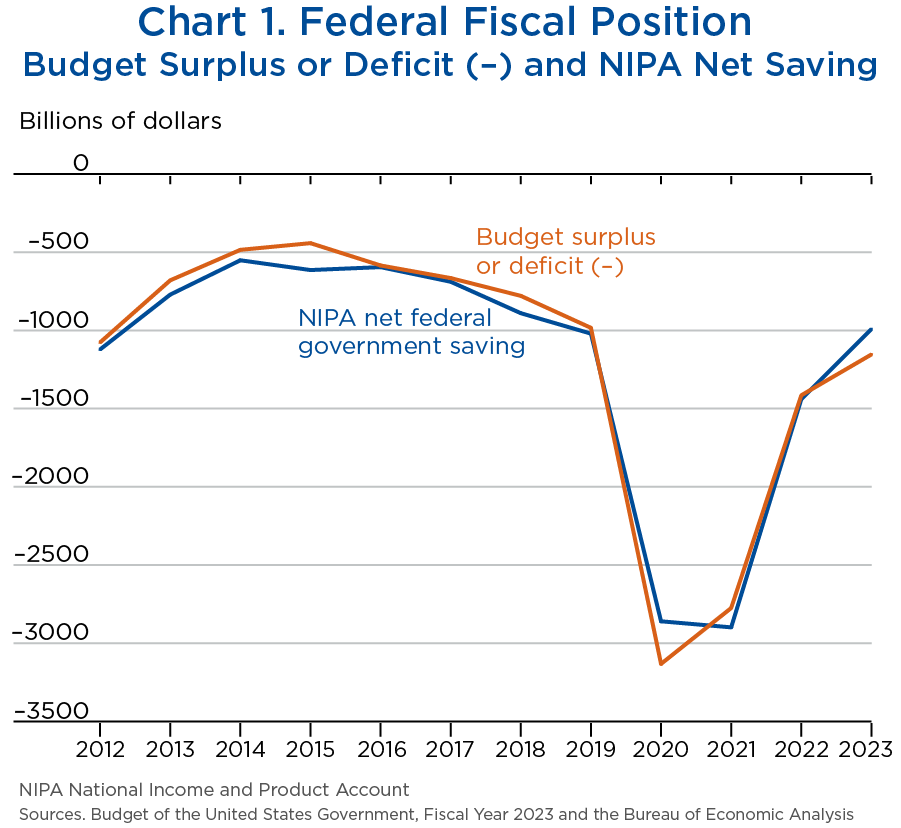Balancing the Books: United States Fiscal Strategies


Balancing the Books: Decoding United States Fiscal Strategies
Understanding Fiscal Strategies: A Prelude to Economic Governance
The fiscal strategies employed by the United States serve as a cornerstone for economic governance. This intricate system involves decisions related to government spending, taxation, and budgetary allocations. Delving into the nuances of these fiscal strategies is essential for comprehending how the U.S. manages its economic course.
Government Spending Dynamics: Navigating National Priorities
Government spending forms a substantial part of the fiscal landscape, dictating national priorities and policy direction. The allocation of funds to sectors like healthcare, defense, infrastructure, and education reflects the government’s vision. Analyzing the dynamics of government spending unveils the intricacies of the U.S.’s socio-economic agenda.
Taxes as Economic Tools: Strategies for Revenue Generation
Taxation is a powerful tool within fiscal strategies, influencing both individuals and businesses. The U.S. employs various taxation strategies, including income tax, corporate tax, and consumption taxes. Understanding these strategies provides insights into how the government generates revenue and shapes economic behavior.
Budgetary Balance: Deficits, Surpluses, and Economic Health
The presence of budget deficits or surpluses serves as a barometer for the economic health of a nation. A budget deficit occurs when government spending exceeds revenue, while a surplus indicates the opposite. Exploring how the U.S. manages its budgetary balance provides insights into its overall economic resilience and stability.
Debt Management: Navigating Borrowing and Sustainability
Managing national debt is a crucial aspect of fiscal strategies. Striking a balance between leveraging debt for economic growth and ensuring sustainability is a delicate task. Examining how the U.S. navigates its debt management contributes to understanding broader economic resilience and the sustainability of its fiscal policies.
Macroeconomic Impacts: Unveiling the Ripple Effects
Fiscal strategies have far-reaching macroeconomic impacts. From influencing consumer spending to shaping investment decisions, these strategies play a pivotal role in economic dynamics. Examining the ripple effects of fiscal decisions sheds light on the effectiveness of the U.S.’s financial and economic management.
Sectoral Focus: Priorities and Financial Allocations
Different sectors experience varying degrees of impact from fiscal strategies. Healthcare, defense, education, and technology often garner special attention. Conducting a sectoral analysis unveils the U.S. government’s fiscal priorities and the areas receiving strategic financial allocations.
Global Economic Integration: Navigating International Dimensions
In an era of global economic integration, the U.S. fiscal strategies are not isolated. International trade, collaborations, and geopolitical dynamics impact the nation’s economic standing. Navigating these international dimensions provides a comprehensive understanding of how the U.S. aligns its fiscal strategies with global forces.
Business Landscape: Fiscal Policies and Economic Growth
Fiscal policies directly influence the business landscape, impacting investment decisions, taxation burdens, and overall economic conditions. Evaluating how fiscal strategies nurture or challenge business growth is essential for gauging the resilience and competitiveness of the U.S. economy.
Public Perception and Democratic Governance: The Societal Angle
Public perception of fiscal strategies is a crucial element in democratic governance. Citizen engagement, feedback mechanisms, and transparency in fiscal decisions contribute to the democratic nature of policy-making. Examining how the public perceives and responds to fiscal strategies adds a societal dimension to economic analysis.
Exploring Further Insights into U.S. Fiscal Strategies
To gain deeper insights into the fiscal strategies and economic governance of the United States, visit mokadatara.my.id. The analysis of U.S. fiscal strategies goes beyond numbers; it is a narrative of strategic decisions, economic priorities, and the collective journey towards sustained economic prosperity.








